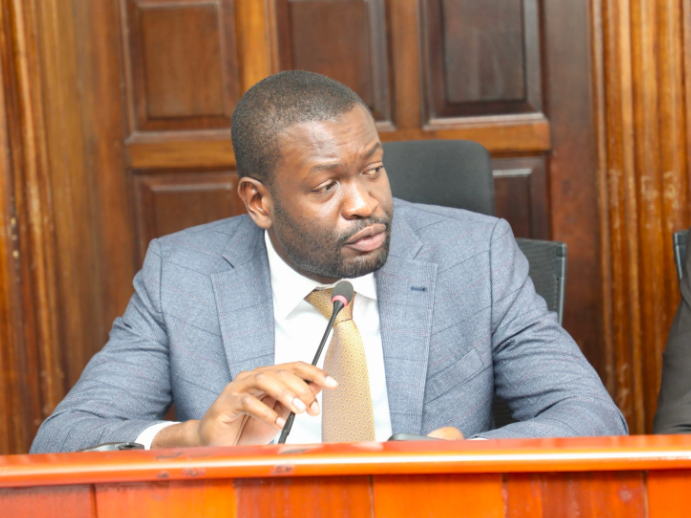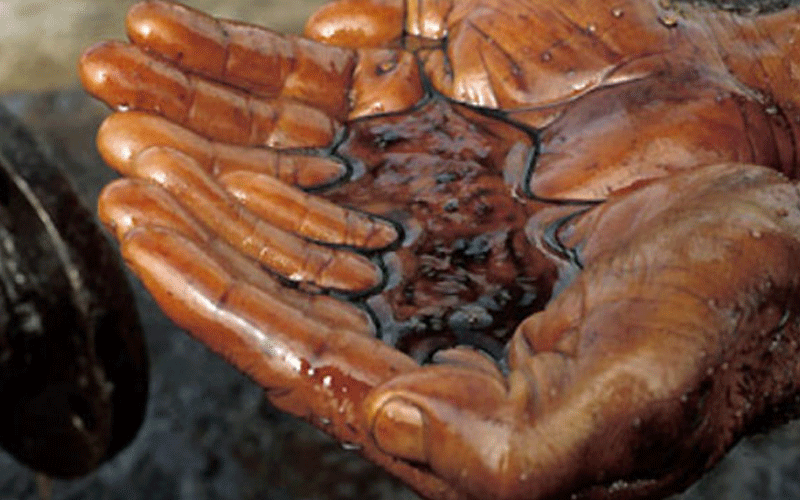Oil prices up, closing in on $90 a barrel
By John Otini, October 13, 2021John Otini and Agencies
Oil prices rose towards $84 a barrel yesterday, within sight of a three-year high, as a rebound in global demand after the Covid-19 pandemic caused price spikes and shortages in other energy sources.
Coal has scaled record peaks and gas prices remain four times higher in Europe than at the start of 2021.
Prices have been rising in the recent months on the back of the energy crisis in Europe with Investment bank Goldman Sachs saying Brent could hit $90 per barrel by the end of the year.
The continued global crude oil prices is likely to complicate things for the local economy where there is already an uproar over cost of living due to knock-on effects on costs of transport and food.
Current stock
Abu Dhabi Murban crude index which measures the prices that Kenya pays for her oil imports rose to as high as $82 a barrel compared to $73 which is the last price that Kenya shipped in the current stock.
This means that petrol and diesel prices are set to rise even higher when the next oil prices are announced.
“Prices have risen as more vaccinated populations are brought out of coronavirus lockdowns, supporting a revival in economic activity,” analysts at Commerzbank told Reuters.
The pace of economic recovery combined with cold weather in Europe have increased the demand for energy, while pressure on governments to accelerate the transition to cleaner energy have slowed investment in oil projects to boost supplies.
Locally, the rising prices come at a time when there is heated political debate over whether the government should cut taxes on petroleum products. Kenyans pay more than Sh50 in taxes on every litre of petrol they purchase.
On September 14, Energy and Petroleum Regulatory Authority (Epra) increased the cost of petrol to the highest in a decade after authorities decided not to tap a fund meant to keep prices stable and as the local currency weakened.
Price of petrol rose six per cent to Sh134.72 per litre in Nairobi, as prices in the rest of the towns rose by a higher margin sending inflation waves across the country.
Central Bank of Kenya Governor Patrick Njoroge was early in the month was quoted as saying they cannot do much about oil prices but the bank will move to do everything to ensure price stability arising from the knock on effects of oil prices.
“We cannot do much to control energy inflation but we are ready to do whatever its takes to reduce the effects of oil prices on the prices of other goods and services,” he said.
Interest rates
This means that sustained high oil prices could force the regulator to start raising interest rates in order to maintain price stability given that oil is the single largest imported commodity.
Kenya has one of the highest taxes on petroleum products in the region and as a result it has the highest prices of oil petrol and diesel.
Oil prices slumped at the start of the Covid-19 pandemic. In April last year, they fell below zero for the first time in history as lockdown wiped out demand while producers continued to pump crude from their wells.
However, demand has been rising in recent months as economies around the world have started to reopen.
Global oil supplies have also taken a hit from hurricanes Ida and Nicholas passing through the Gulf of Mexico and damaging US oil infrastructure.
More Articles

